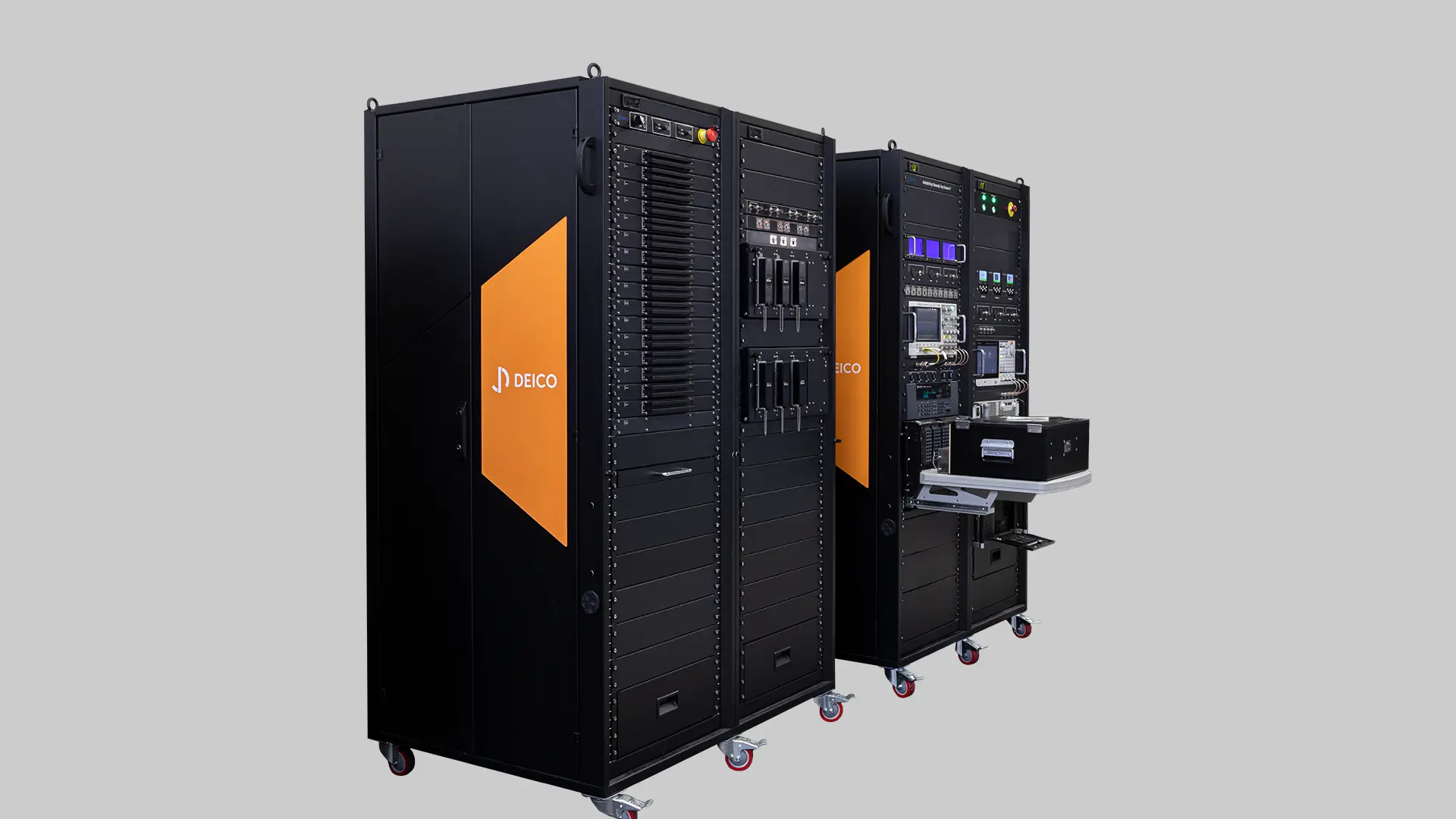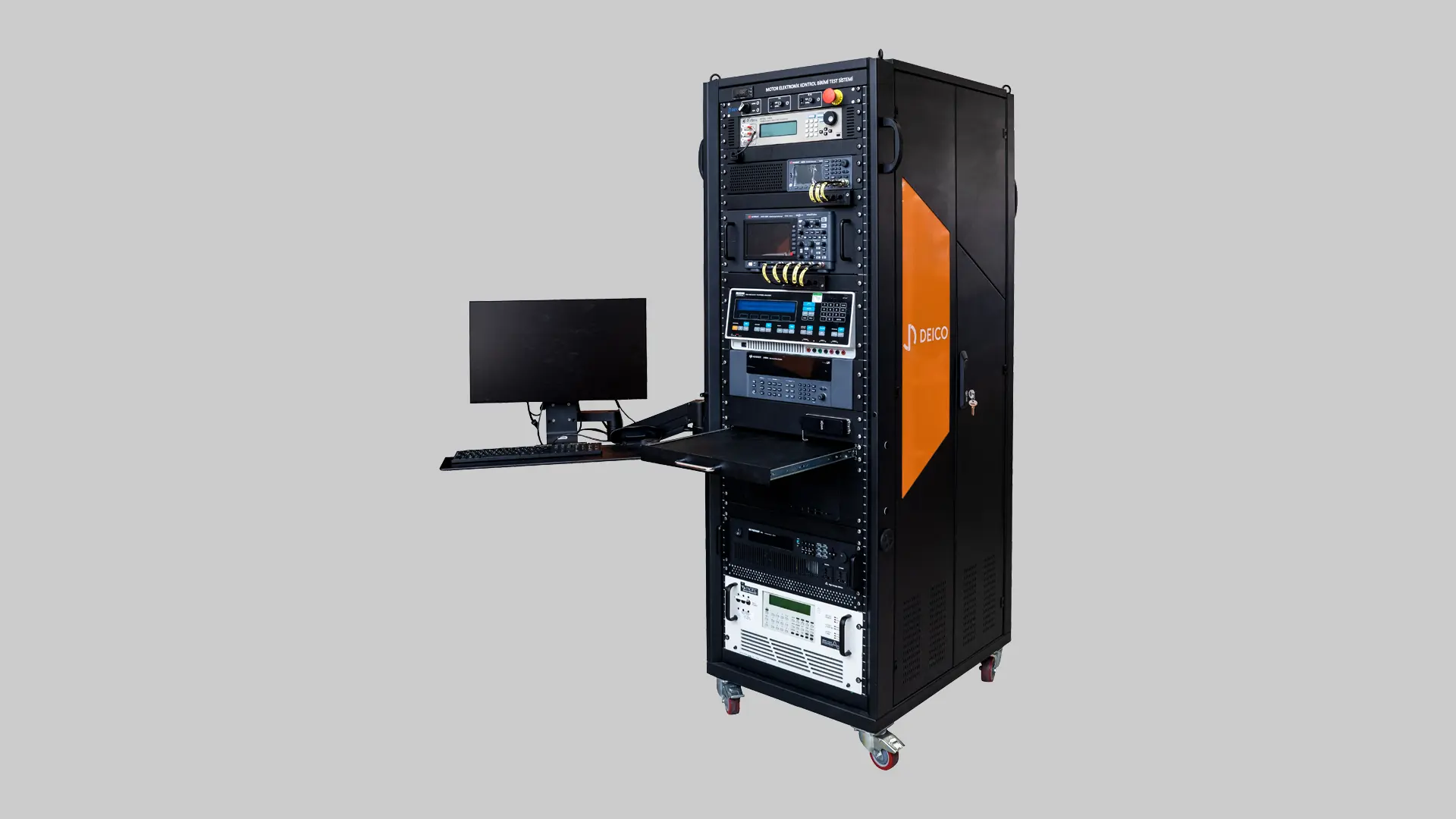xCU HIL Systems
xCU HIL Systems are advanced Hardware-in-the-Loop platforms designed to test and validate control units (xCUs) under real-time conditions.
Aerospace
Automotive
Industrial
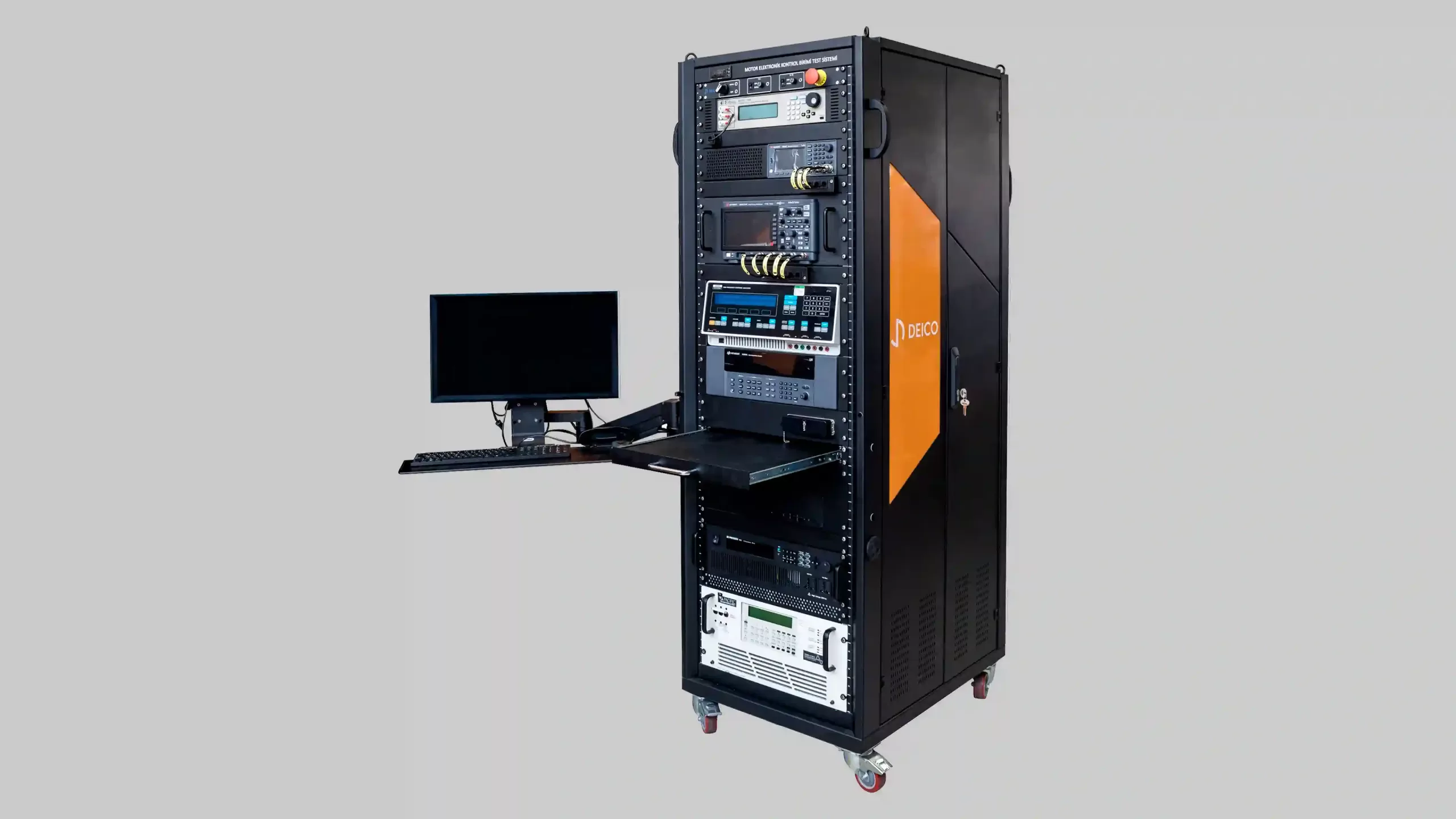
The Role of xCU in Complex Systems
Control units are the brains behind numerous systems, managing tasks such as data acquisition, signal processing, decision-making, and actuation. For example, an ECU in an automotive context controls engine performance, emissions, and fuel efficiency, while an FCU in an aircraft ensures precise navigation and stability. As these control units grow increasingly sophisticated, with complex algorithms and real-time decision-making capabilities, the need for rigorous testing has become more crucial than ever.
xCU HIL systems simulate real-world conditions, enabling these units to be tested under various operational scenarios without the need for a physical system. This ensures that the control unit behaves as intended in a safe and controlled environment.
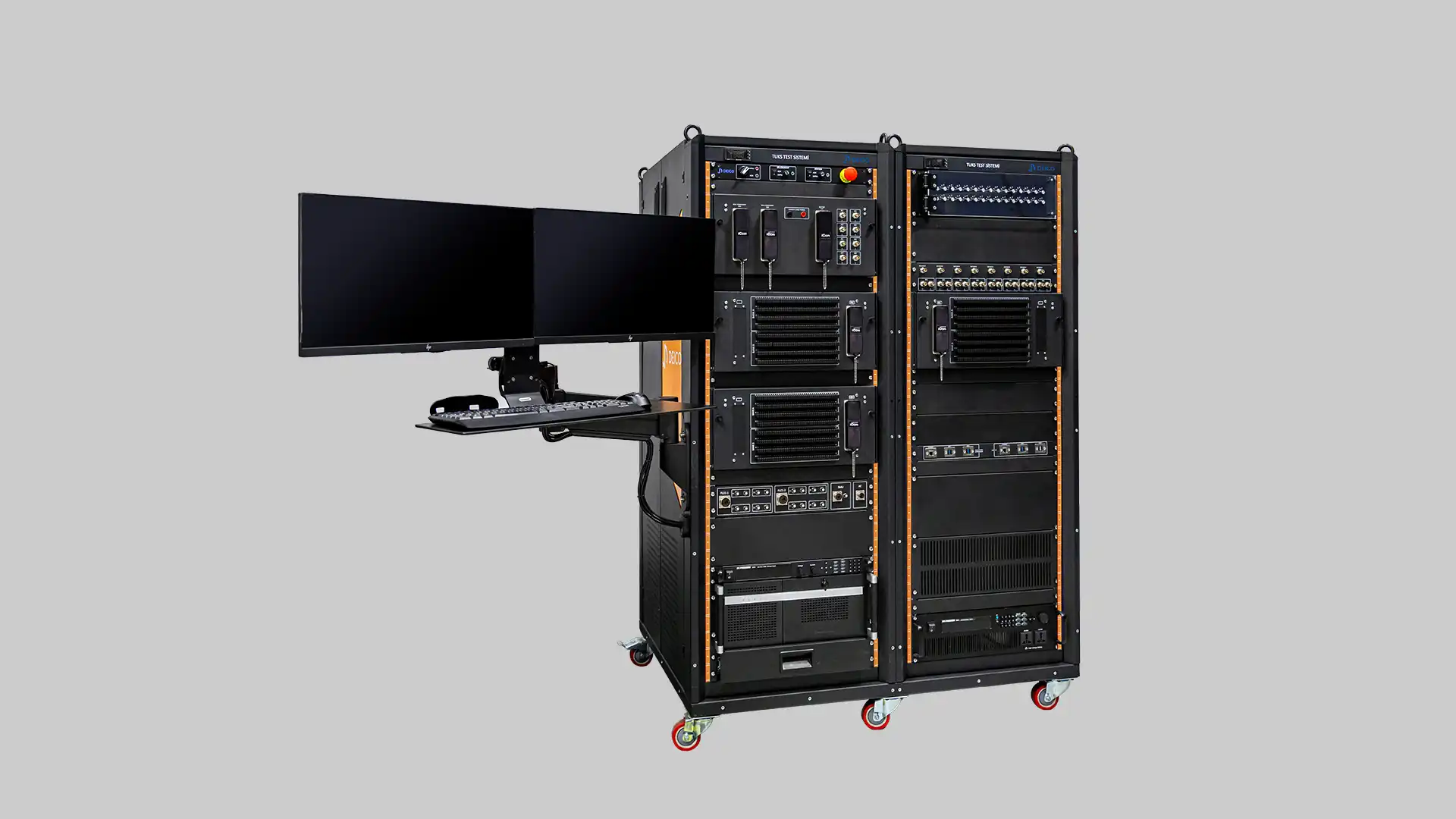
Key Features of xCU HIL Systems
- Real-Time Simulation: xCU HIL systems are equipped with real-time processors to simulate high-fidelity models of the system the control unit interacts with. For instance, an ECU HIL system can simulate engine dynamics, transmission behavior, and environmental conditions like altitude or temperature.
- Fault Injection Capabilities: Fault scenarios such as sensor failures, actuator malfunctions, or communication issues can be injected into the system to evaluate the control unit’s fault-handling mechanisms.
- Comprehensive I/O Support: xCU HIL systems support a wide range of input and output interfaces such as analog, digital, CAN, LIN, FlexRay, ARINC-429, and MIL-STD-1553, ensuring compatibility with diverse control unit architectures.
- Automated Testing: These systems often include automated test tools to streamline regression testing, reduce human error, and increase testing efficiency.
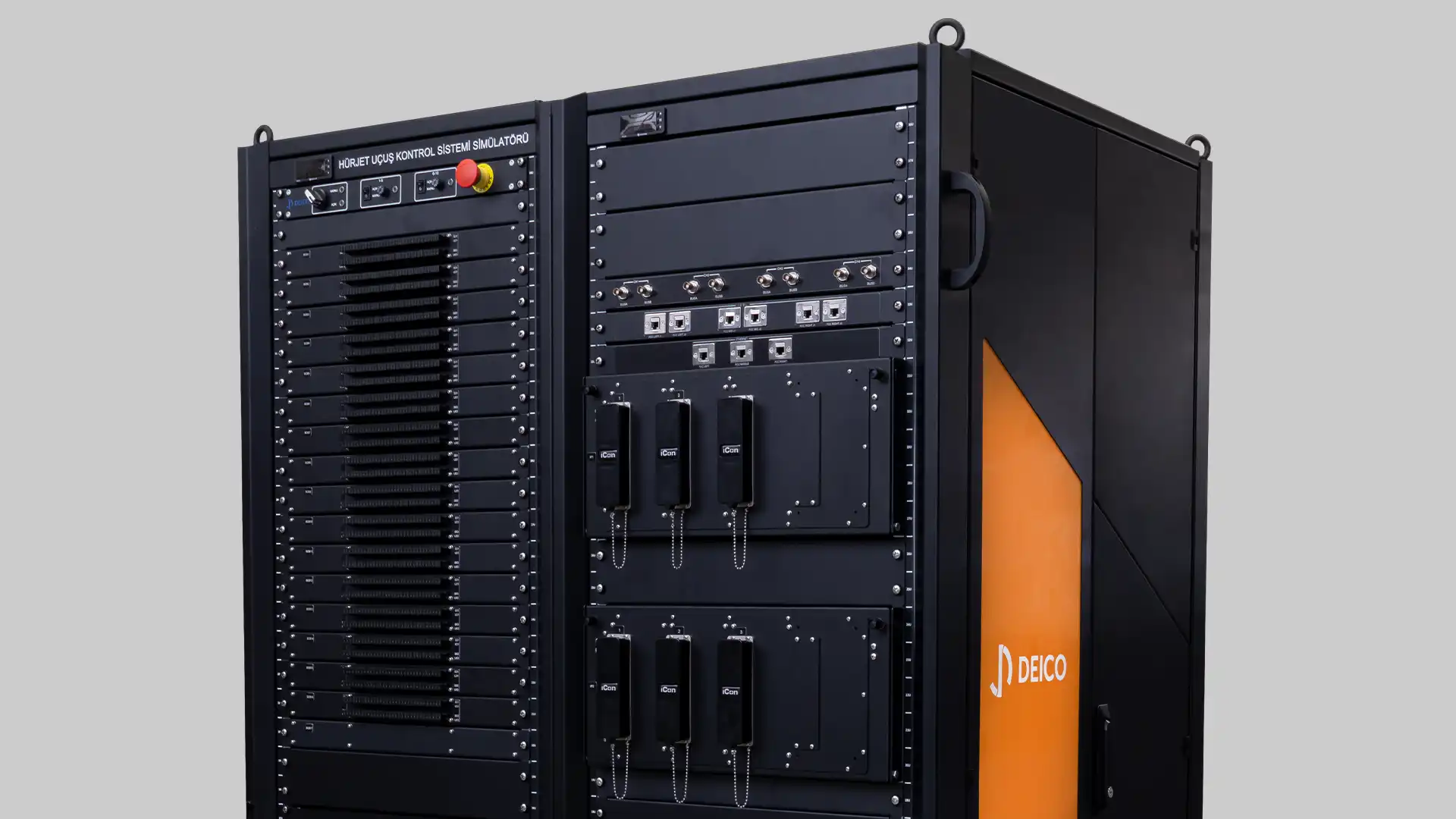
Applications Across Industries
- Automotive: Testing ECUs for engines, transmission systems, and Advanced Driver Assistance Systems (ADAS).
- Aerospace: Validating FCUs, autopilot systems, and avionics.
- Industrial Automation: Verifying Programmable Logic Controllers (PLCs) and ACUs for robotics and machinery.
Advantages of xCU HIL Systems
- Cost Savings: Testing on an xCU HIL system eliminates the need for full-scale prototypes, significantly reducing development costs.
- Safety: Dangerous or failure-prone scenarios can be tested in a controlled environment without risking physical damage or harm.
- Scalability: xCU HIL platforms can be adapted to test multiple control units with varying complexity.
DEICO xCU HIL Systems
We specialize in providing cutting-edge HIL systems tailored for xCU testing. Our solutions integrate real-time PXI platforms, SLSC signal conditioning modules, and modular test interfaces to meet your exact requirements. Whether you’re testing an ECU for an automotive application or an FCU for an aerospace project, our systems are designed to deliver precision, reliability, and efficiency.
With in-house design capabilities and partnerships with leading hardware and software providers, DEICO ensures that your xCU HIL system is optimized for performance. Our solutions include features such as fault injection, sensor emulation, and flexible software integration with LabVIEW, VeriStand, and custom platforms.
xCU HIL systems are an indispensable tool for validating control units in today’s complex and safety-critical systems. They enable engineers to test beyond the limits of physical prototypes, ensuring that every control unit is robust, reliable, and ready for real-world challenges. With DEICO’s expertise, you can elevate your testing capabilities and accelerate your product development timeline.
